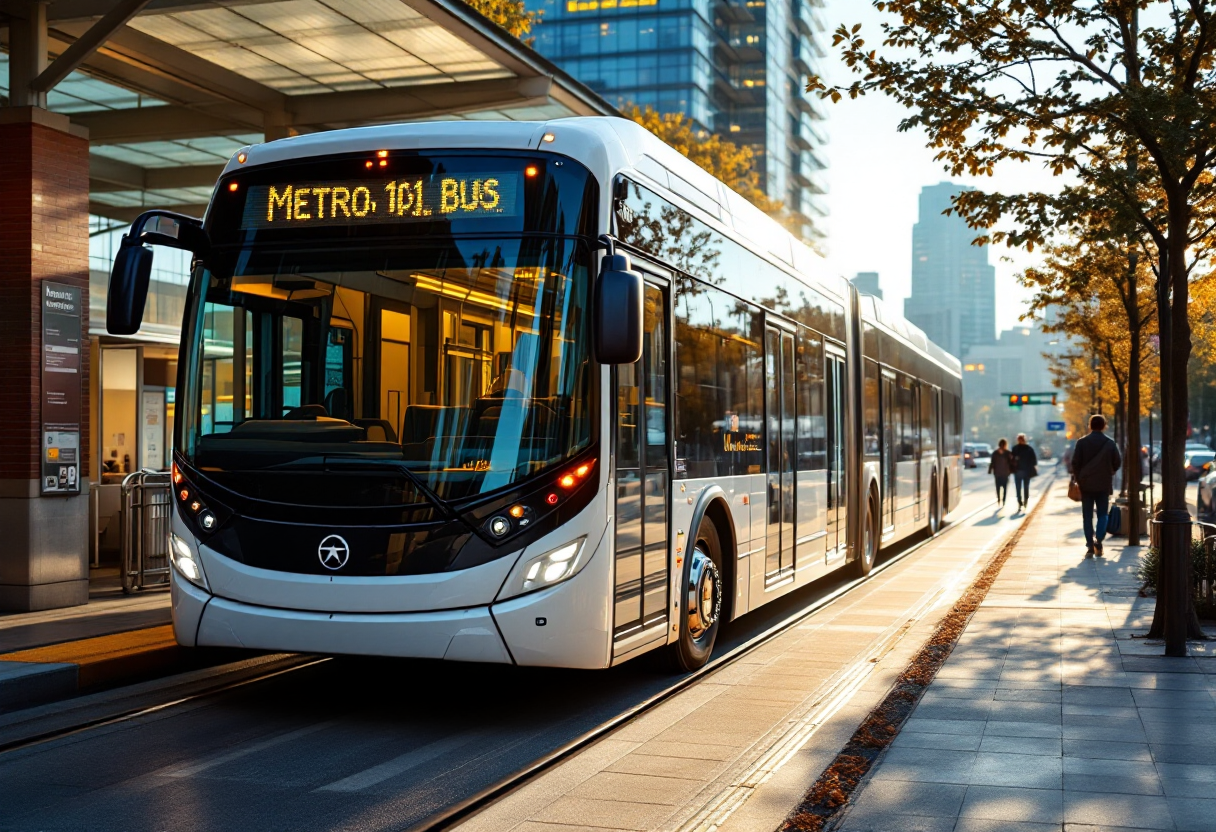Table of Contents
Introduction to TransLink’s winter preparations
As winter approaches, TransLink is taking proactive measures to ensure safe and reliable transit services across Metro Vancouver. With the unpredictable nature of winter weather, the transit agency has outlined a comprehensive plan that includes upgrading its bus fleet and enhancing SkyTrain operations.
This initiative is particularly crucial for the younger generations who rely heavily on public transportation for their daily commutes.
Upgrading the bus fleet with advanced tires
This winter, TransLink is expanding the use of innovative “Grip-D” tires, which feature a deeper tread designed to provide better traction on icy and snowy roads.
According to Coast Mountain Bus Company president Michael McDaniel, approximately 40% of the bus fleet will be equipped with these specialized tires, marking an increase of about 100 buses compared to last year. The focus will be on routes that present higher challenges due to terrain, ensuring that the most vulnerable areas are prioritized for safety.
In addition to tire upgrades, TransLink is introducing 16 new articulated centre-drive axle buses. These vehicles are engineered to handle slippery conditions more effectively, reducing the need to replace them with standard buses during adverse weather. McDaniel emphasized the importance of road conditions, stating, “The buses really are only as good as the roads they drive on.” This highlights the necessity for collaboration with local municipalities to ensure timely snow removal on priority routes.
SkyTrain operations and safety measures
On the SkyTrain front, TransLink is maintaining its traditional winter management strategies while also ramping up staffing levels. This includes running empty trains overnight to keep tracks clear and deploying special trains that spray de-icing fluid during the day.
Staff members will be present on each train to monitor for potential snow hazards, ensuring that passengers remain safe during their journeys.
Will, a representative from TransLink, mentioned that the agency is also enhancing communication efforts. By increasing staffing levels for real-time information dissemination, TransLink aims to keep both transit operators and the public informed about service updates during winter weather events.
This is particularly important for Gen Z and younger commuters who are accustomed to receiving instant updates through social media and mobile apps.
Advice for commuters during winter weather
Despite the extensive preparations, transit officials are urging the public to exercise caution during inclement weather. McDaniel has advised commuters to allow extra travel time and stay updated through TransLink’s website and social media channels. Signing up for transit alerts can also provide timely information about service changes or delays, helping passengers plan their journeys more effectively.
As winter weather rolls into Metro Vancouver, TransLink’s commitment to safety and reliability is evident. By upgrading its fleet and enhancing operational strategies, the agency aims to navigate the challenges of winter while ensuring that public transportation remains a viable option for all residents, especially the younger generations who depend on it.




